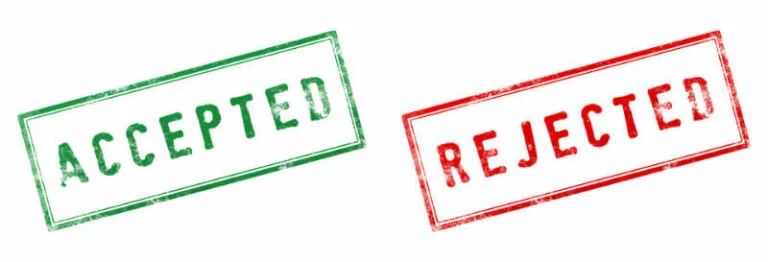Protect Your Logo as a Trademark
Many trademarks have a descriptive element to them, most commonly being the words of the trademark itself.
However, during the examination by the government, your trademark will be examined as to whether it is too descriptive in relation to your goods or services, and it will face an objection if it is found to be too descriptive because other traders may need to use those words (or similar) to legitimately describe their own goods or services. For example, a trademark for the plain words “TRADEMARK LAWYER” in relation to trademark legal services would be rejected as too descriptive because no one trader should have a legal monopoly on that term. However, even less obviously descriptive trademarks can receive a descriptiveness objection.
One option for overcoming such a descriptiveness objection is to consider developing a logo. That is, a logo that features the otherwise descriptive words of the trademark. The effect of a logo is often that the significance of the words within is reduced and so are less objectionable on a descriptiveness basis. While logo marks featuring words will not provide as strong legal protection to the words as would a plain words trademark, they usually retain some good protection for the words they contain.
By way of example, the below trademarks are around the minimum complexity you will need to avoid a descriptiveness objection. Both have an element, the chef’s hat or pyramid, that is in itself capable of being a trademark (because it is more than a mere geometric shape), and therefore distinguishes the overall trademark.

The below trademarks were not sufficiently “fancy” to overcome the objections to the descriptive words within them.

Logo trademarks can also have the advantage of further distinguishing your mark from prior trademarks. The more complex the logo, the less prominence the words it contains will be given in any trademark comparison.
As part of our service, we will work with you to develop a logo that has the best prospects of avoiding a descriptiveness objection.






